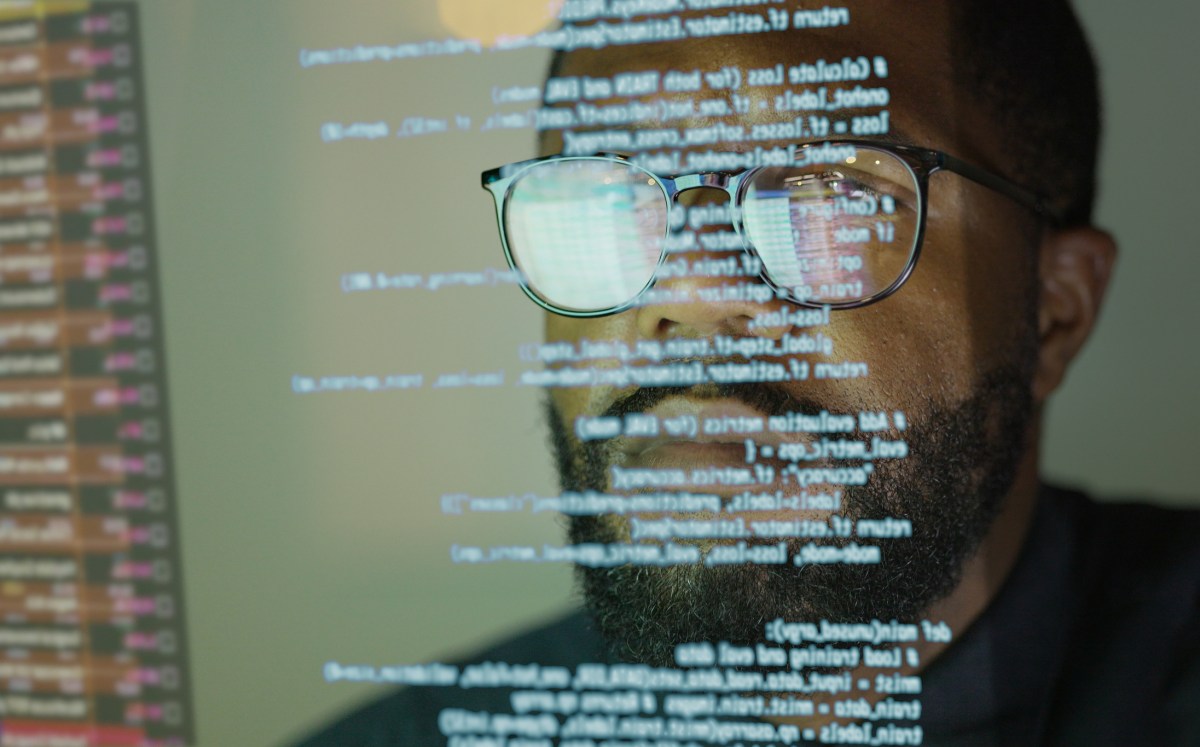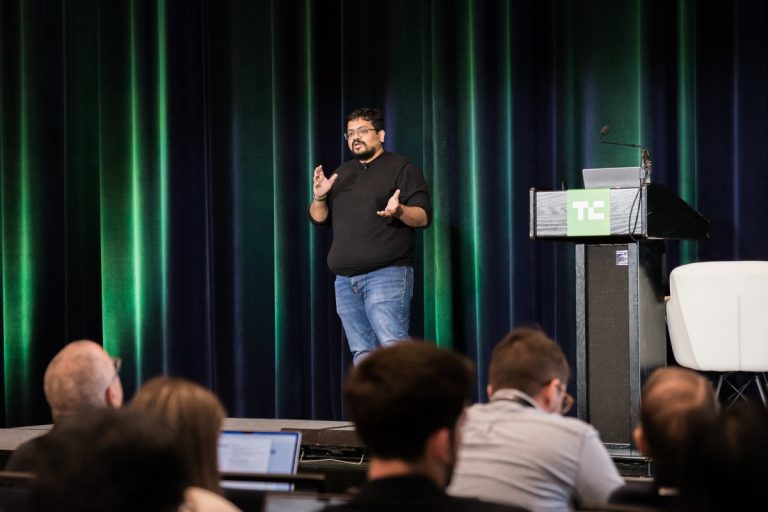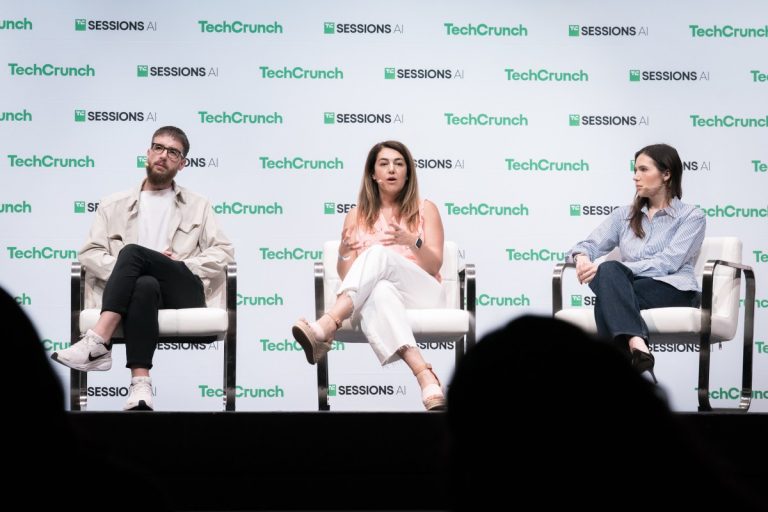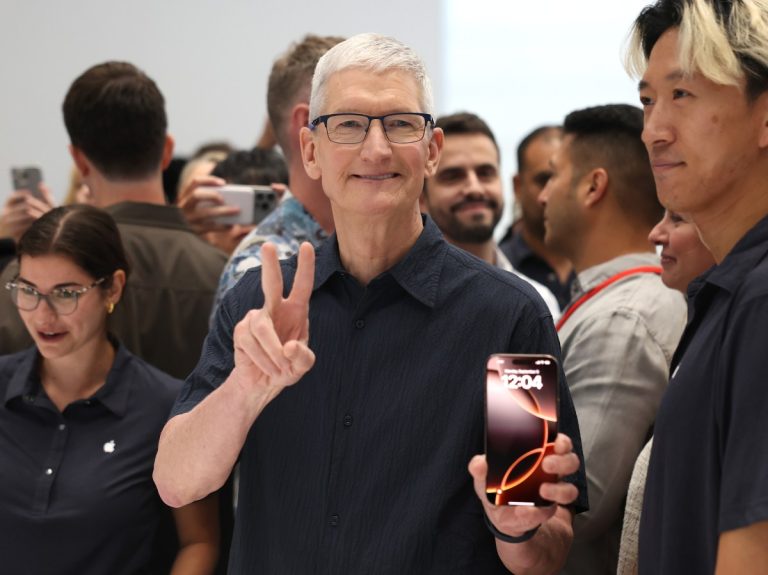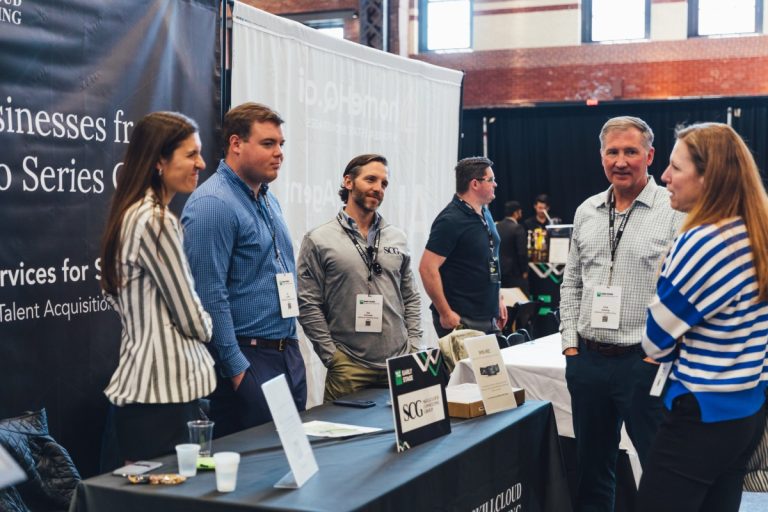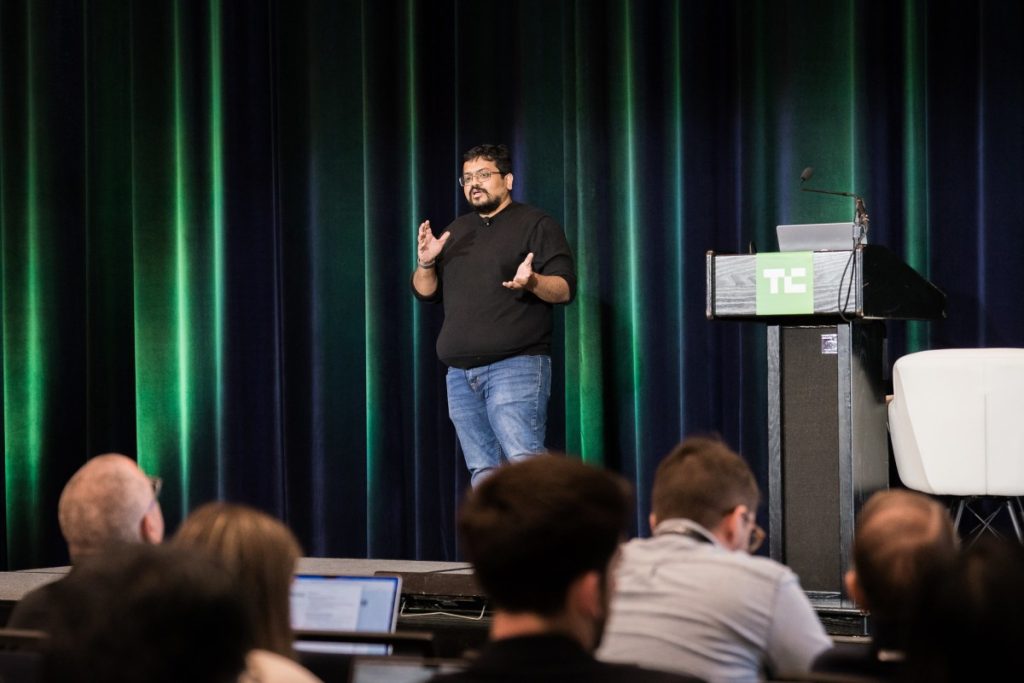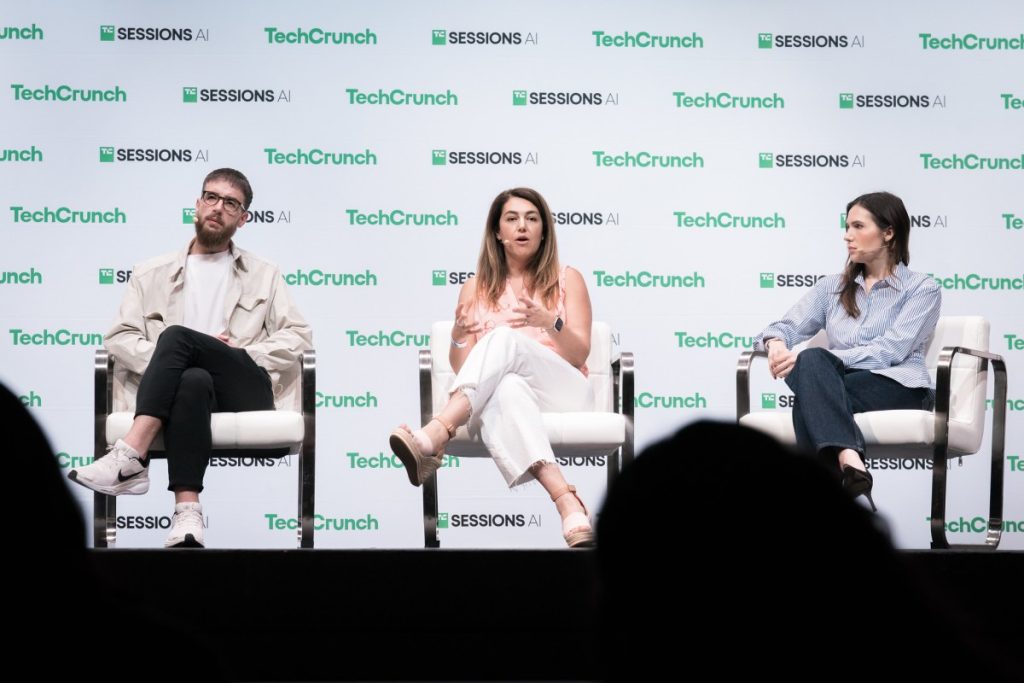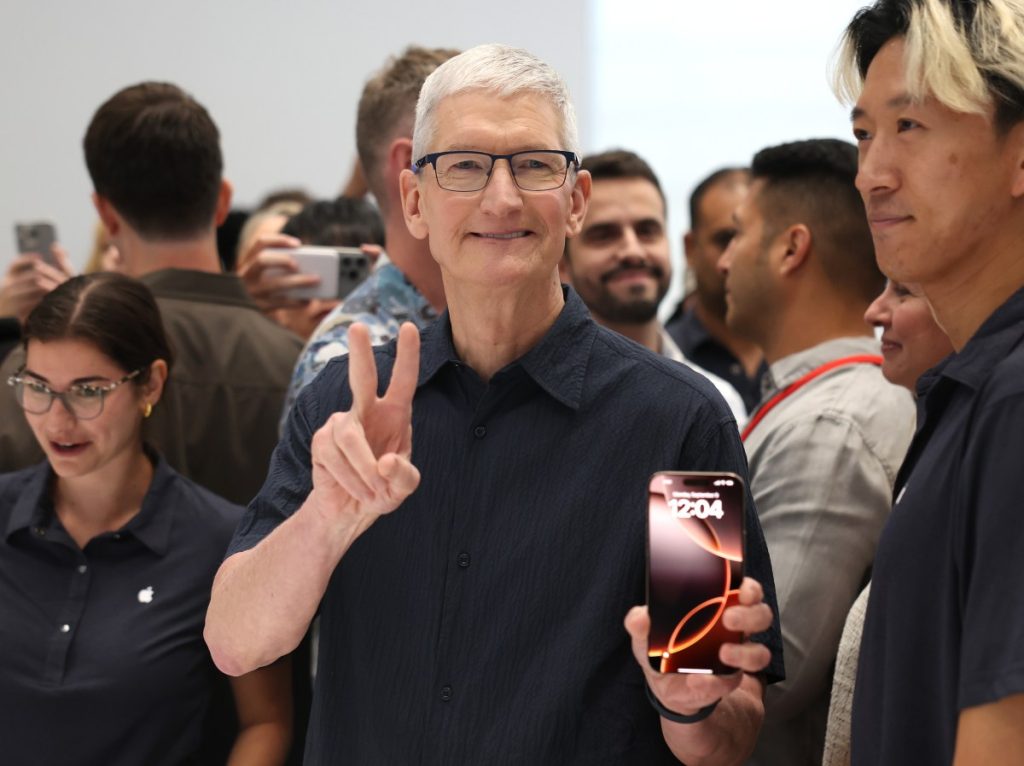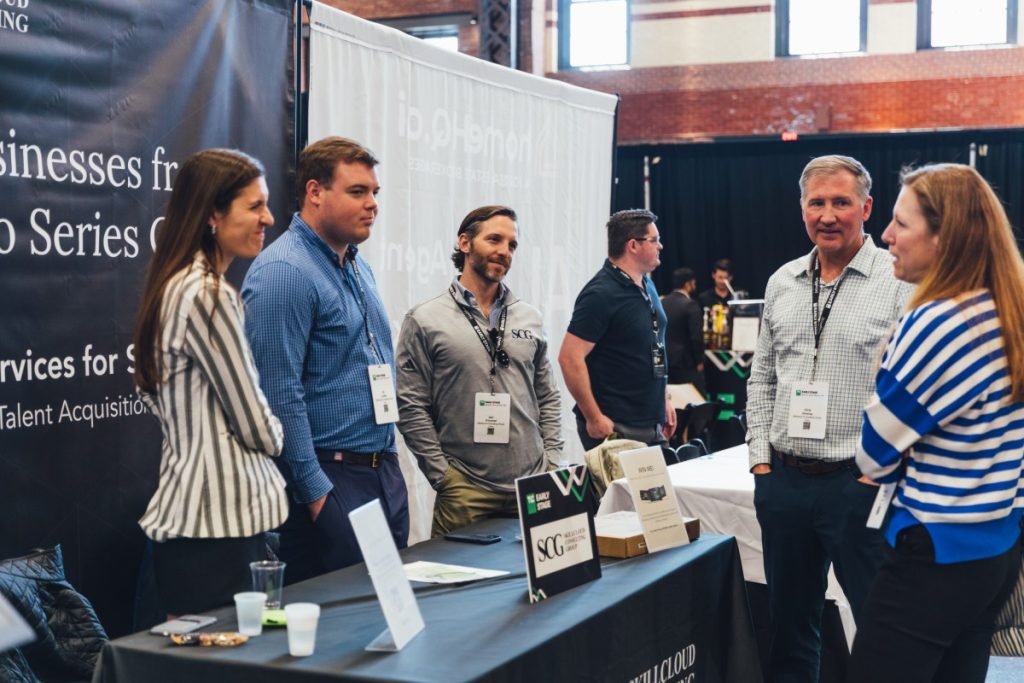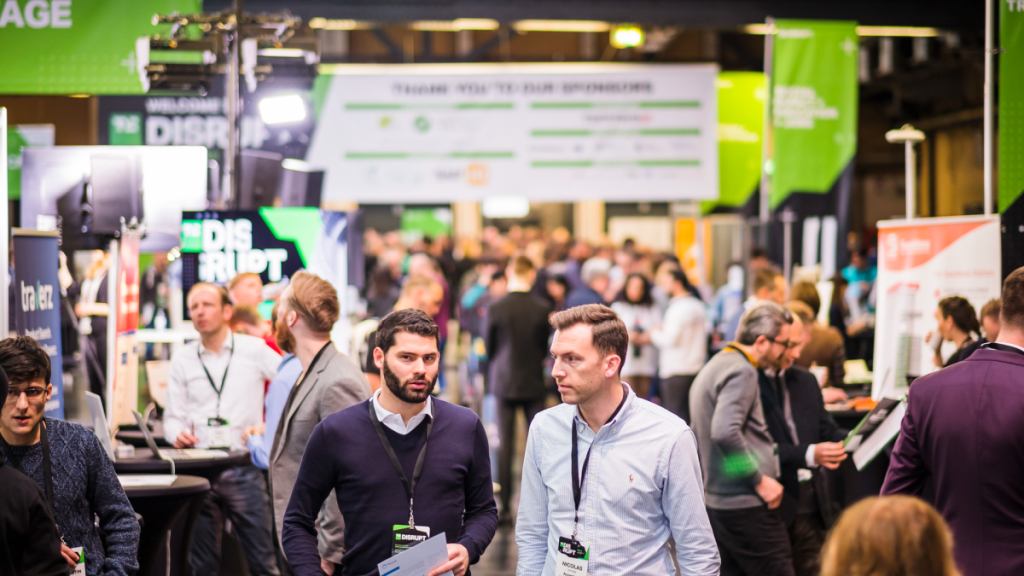So-called “vibe coding” has become a major trend in software development, driven by the rise of LLM-powered tools like Cursor Composer. This approach, popularized by AI pioneer Andrej Karpathy, emphasizes automated code generation through generative AI models. While adoption is skyrocketing—with Y Combinator reporting that 25% of its current startup batch uses AI for 95% of their code—questions linger about efficiency, security, and long-term sustainability.
TurinTech, a U.K.-based AI startup, is tackling these challenges head-on. Today, at NVIDIA’s GTC conference, the company unveiled its Artemis platform, an “evolutionary AI” solution designed to optimize and validate AI-generated codebases. Backed by $20 million in funding—including a $15 million Series A led by Oxford Capital—TurinTech aims to address the hidden costs of rapid AI-driven development.
Dr. Leslie Kanthan, co-founder and CEO, explains the problem: “Current tools like GitHub Copilot or Cursor focus on speed, not quality. They lack mechanisms to verify performance, reduce resource consumption, or eliminate technical debt. Artemis automates these critical tasks, ensuring code is secure, scalable, and efficient.”
Artemis differentiates itself through its Darwinian optimization process. Unlike standard LLMs that stop at code generation, the platform continuously evolves codebases by identifying inefficiencies, suggesting improvements, and validating changes. This methodology stems from Kanthan’s 2018 research on evolutionary algorithms for data structures, which challenged traditional approaches to code optimization.
The stakes are high. Gartner predicts 75% of enterprise engineers will use AI coding tools by 2028—a dramatic leap from under 10% in 2023. Meanwhile, Stack Overflow reports 63% of developers already integrate AI into workflows, often overlooking potential pitfalls. TurinTech’s early adopters include major financial institutions and tech firms, signaling growing demand for solutions that bridge the gap between AI-driven velocity and production-grade code quality.
As organizations race to adopt generative AI, tools like Artemis could prove critical in preventing a looming crisis of unmaintainable systems and security vulnerabilities. By marrying evolutionary algorithms with enterprise-scale validation, TurinTech positions itself at the forefront of making “vibe coding” sustainable for real-world applications.

